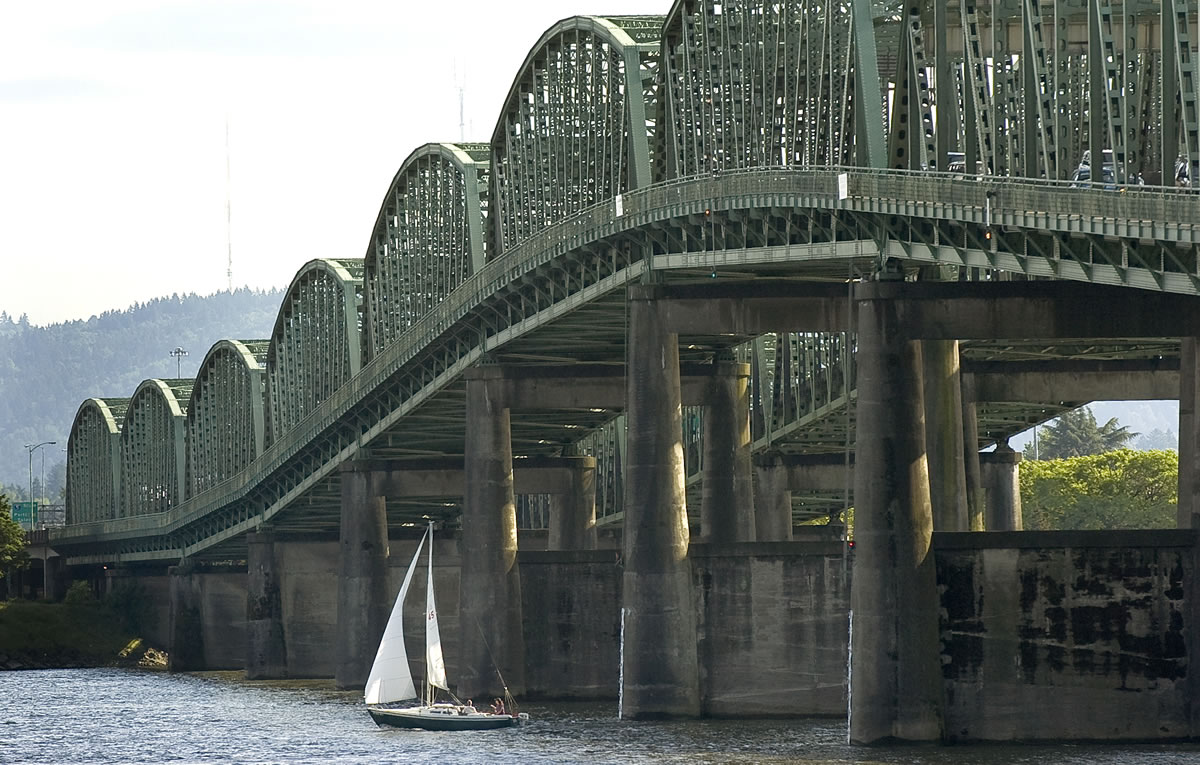Though an investment-grade financial analysis offered some good news for the Columbia River Crossing this week, Oregon Treasurer Ted Wheeler says he’s still not fully sold on the project.
The analysis found that charging tolls Interstate 5 could, over time, generate enough revenue to make the proposed I-5 bridge replacement pencil out. But Oregon hasn’t adequately shown that it has a way to enforce tolls on Washington drivers, Wheeler wrote in a letter to legislative leaders. Washington motorists account for the majority of bridge traffic today and would continue to do so if the CRC is built.
“If the assumptions underlying the projections made by the project consultants are valid, the tolls will be sufficient to service the project bonds,” Wheeler wrote. “That said, we need to be sure Oregon can collect them.”
Wheeler has been an important skeptic of the CRC since Oregon took the lead on the project last year. It’s the Oregon Treasury that will oversee the issuing of more than $1.5 billion in state bonds to help finance it. Washington walked away from the CRC in 2013, putting all the debt burden on Oregon if the project materializes.
“The current plan to replace the bridge and interchange network would be the most expensive infrastructure project ever undertaken by the state,” Wheeler wrote. “Therefore, we must have a full understanding of the financial risks associated with it. In short: While the project is badly needed — it must also make sense from a financial perspective.”
The letter comes as Oregon lawmakers prepare to consider reauthorizing the CRC when the 2014 session convenes in February. A joint legislative committee on the project will hold its first hearing in Salem on Tuesday.
The project, which would replace the I-5 Bridge and extend light rail into Vancouver, would be financed by toll revenue, federal money and state funding from Oregon. The investment-grade analysis showed that peak-hour toll rates for passenger vehicles would be $2.50 each way when tolling begins in 2015, rising to $3.25 each way by 2022. Vehicles without a tolling pass would pay more.
Plans call for tolls to be collected electronically in most cases, or by mail for drivers who cross the bridge without a pass.
Wheeler said he’d still prefer to see Washington and Oregon tackle the CRC as partners. But a legislative panel in Olympia on Thursday indicated that’s not likely to happen, meaning Oregon will continue to go it alone.




